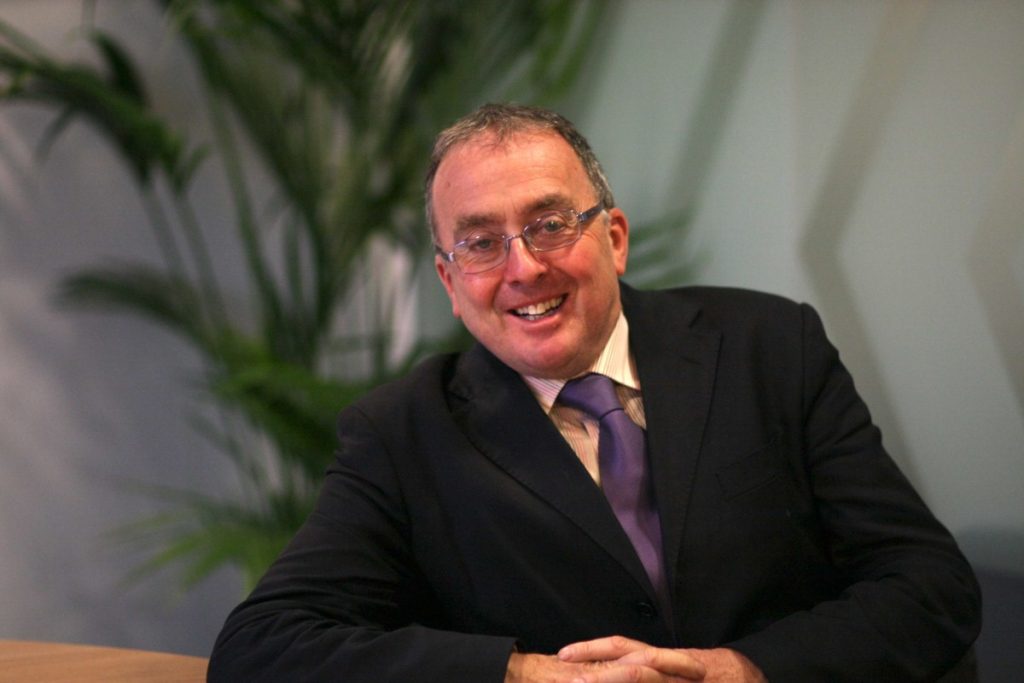Comment: Cuts could be the big society’s banana skin
Cameron’s ‘big society’ vision should mean a downshift of power to citizens and communities, something that the third sector has advocated for decades. ACEVO (the Association of Chief Executives of Voluntary Organisations) believes the best way to do that is to grow the voluntary sector and move towards a less rigid model for public service delivery.
By Sir Stephen Bubb
This is less about state failure, and much more about what charities, social enterprises, and other non-profits can offer. It is about bringing voluntary groups from the sidelines to the front line, and forming partnerships between us, the state, and the private sector.
We need to be clear that the voluntary sector is about a lot more than volunteering. The work we do costs money and the grants we receive are an exchange – payment for services. So when state funds to charity are cut, this side of voluntary action shrivels. Society does not get bigger, it gets smaller. This is why ACEVO has made its opposition to sweeping cuts clear from the start.
This is also why it is hugely important that the ‘big society’ bank kicks off with substantial funds behind it. Not because the sector wants another grant-making facility, but because access to loans could be revolutionary for it. ACEVO wants to see more action and attention on this. With the necessary capital, voluntary service providers could and should flourish.
The coalition is right, the ‘big society’ should not revolve entirely around money. But to enable a bigger role for voluntary groups in service delivery, we need to appreciate just what stops them from doing more. ACEVO has welcomed initiatives like the ‘right to challenge and right to buy’ in the localism bill, because they address some of the subtler barriers to third sector participation. There is a good example in the latter. It would permit a holding period on community-nominated assets, giving voluntary and community organisations extra time to prepare a bid.
Another innovative measure is the contracts finder website which should help mediate the services market – introducing demand to a much wider range of supply. A bigger effort to draw voluntary groups into public services will be needed though. Surgeries for SMEs are a start, but much more work on this is needed.
Over the coming months it is essential that we communicate as a sector, highlighting our experience and knowledge of what we are already doing to deliver a ‘big society’. We also need to continue to bang the drum on the value charities and social enterprises bring to the delivery of public services – both in terms of the quality of services they provide and in the savings they can make to the public purse.
One particular area which is often overlooked is health. ACEVO has been a big supporter of ‘any willing provider’ for some time, so we are very glad to see the government stand strong on this policy. Currently only a tiny fraction of NHS funding runs through charities. And the government has a real challenge to ensure that their ambitious plans for reform of the health system enable voluntary providers to play a significant role in helping to change the culture of healthcare in Britain. The government and health professionals have been looking to swivel the focus from ‘repair’ to prevention for years now, and our sector has a huge number of organisations that could offer new ideas and approaches. BTCV’s ‘green gyms’ are a great case in point.
I do not accept claims that the ‘big society’ is a ruse, or merely a veil for cuts. I believe it is a real ambition that could, with the right support, become a reality. But it will only happen if finance is made available. Charities cannot magic up the free labour to run a hospital or school or nursery any more than government or the private sector. My real fear however is that if cuts continue to hit the sector at the scale and speed we’ve seen over the past few months, they threaten to be the banana skin on which the government’s ‘big society’ plans fall flat.
Sir Stephen Bubb is the CEO of ACEVO (The Association of Chief Executives of Voluntary Organisations).
The opinions in politics.co.uk’s Speakers Corner are those of the author and are no reflection of the views of the website or its owners.





-01.png)